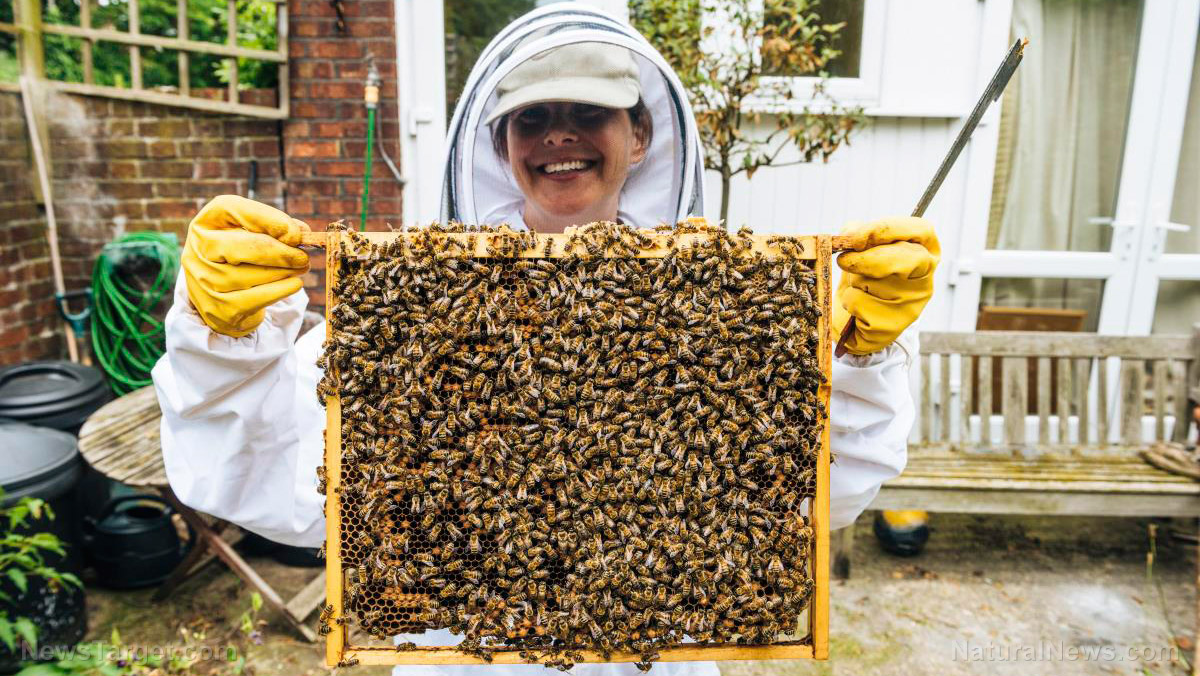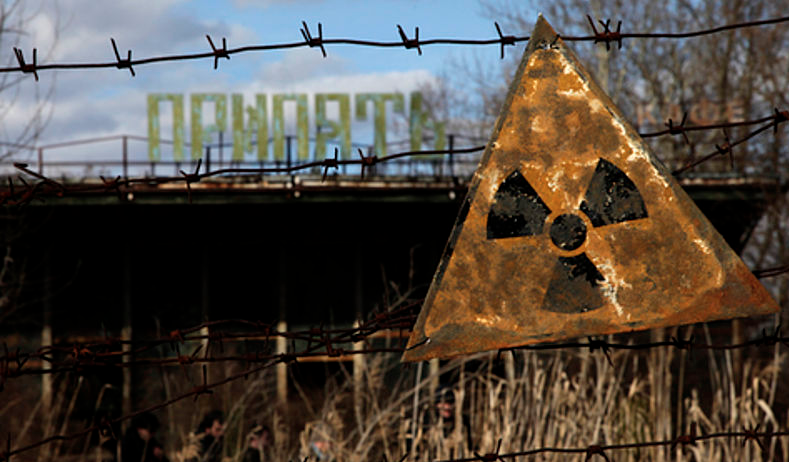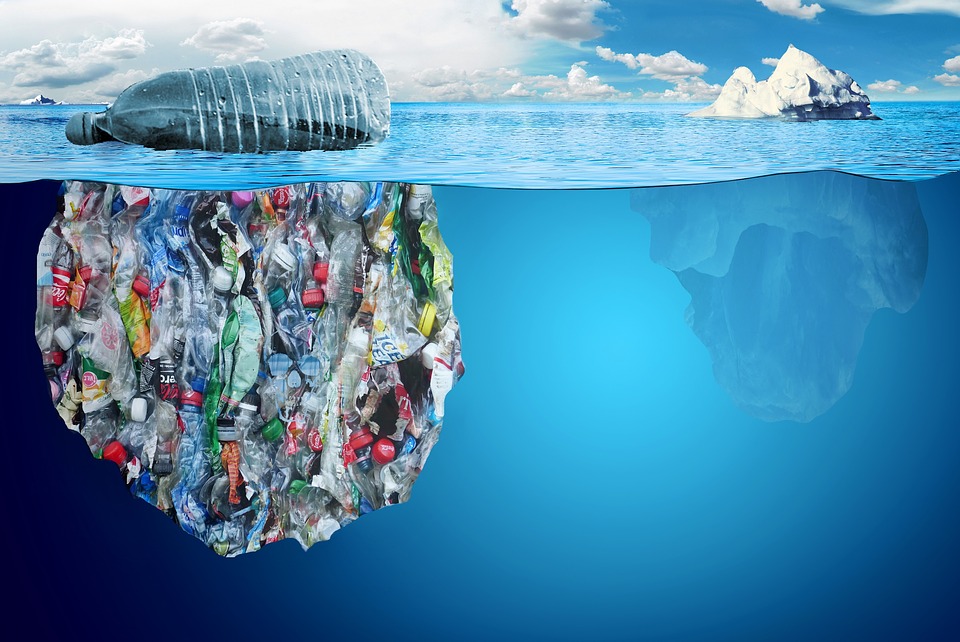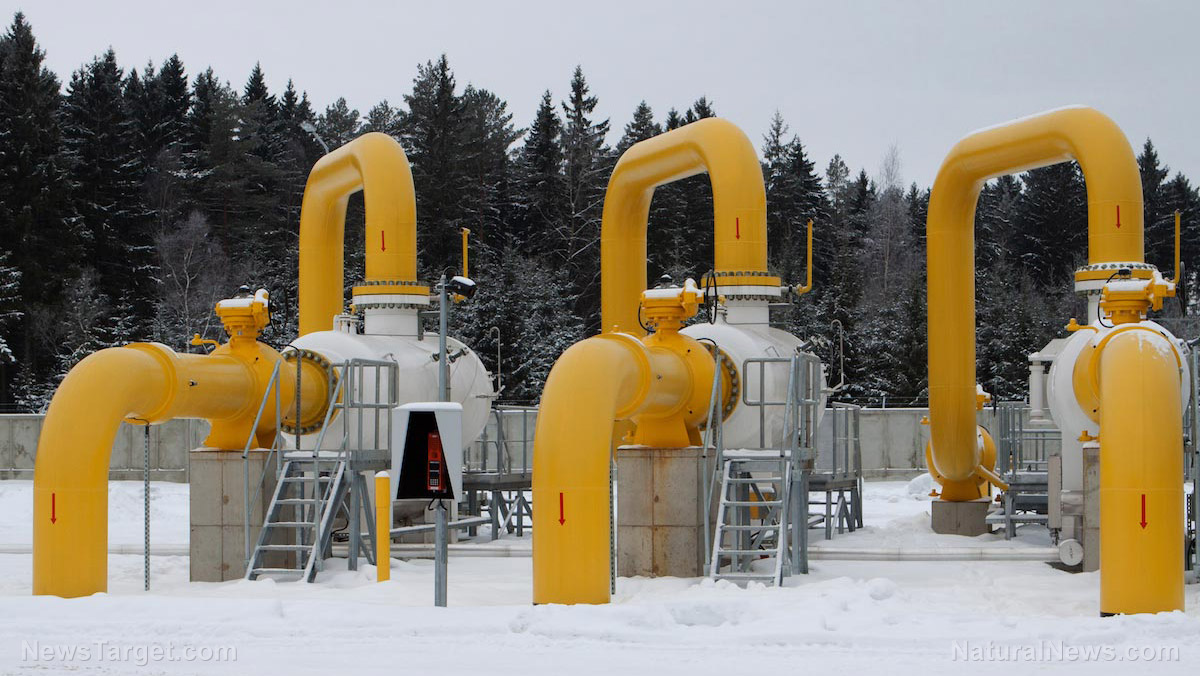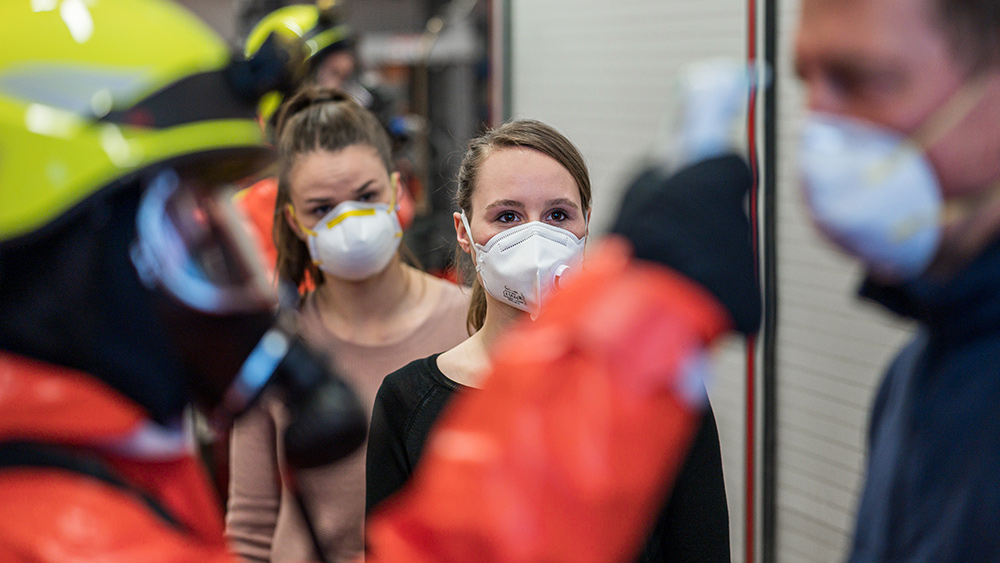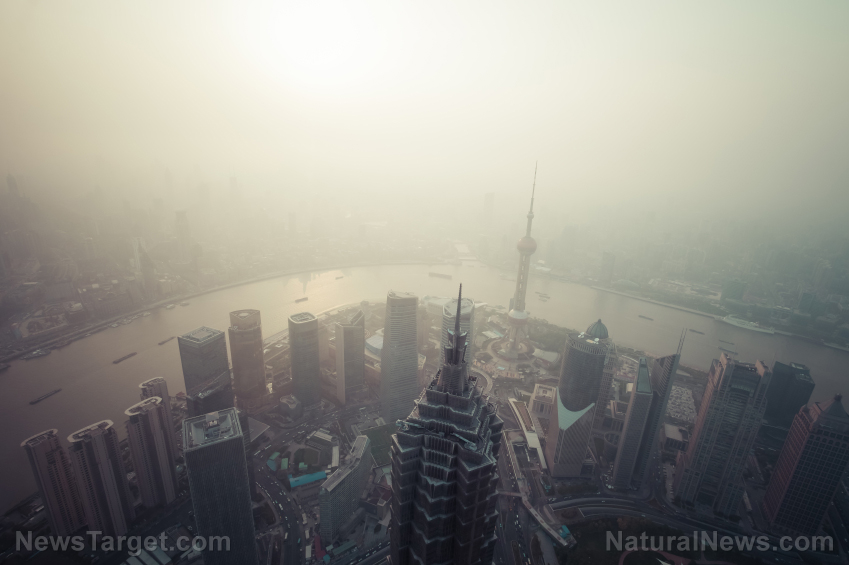Air quality in India is IMPROVING after nationwide lockdown
05/07/2020 / By Michael Alexander
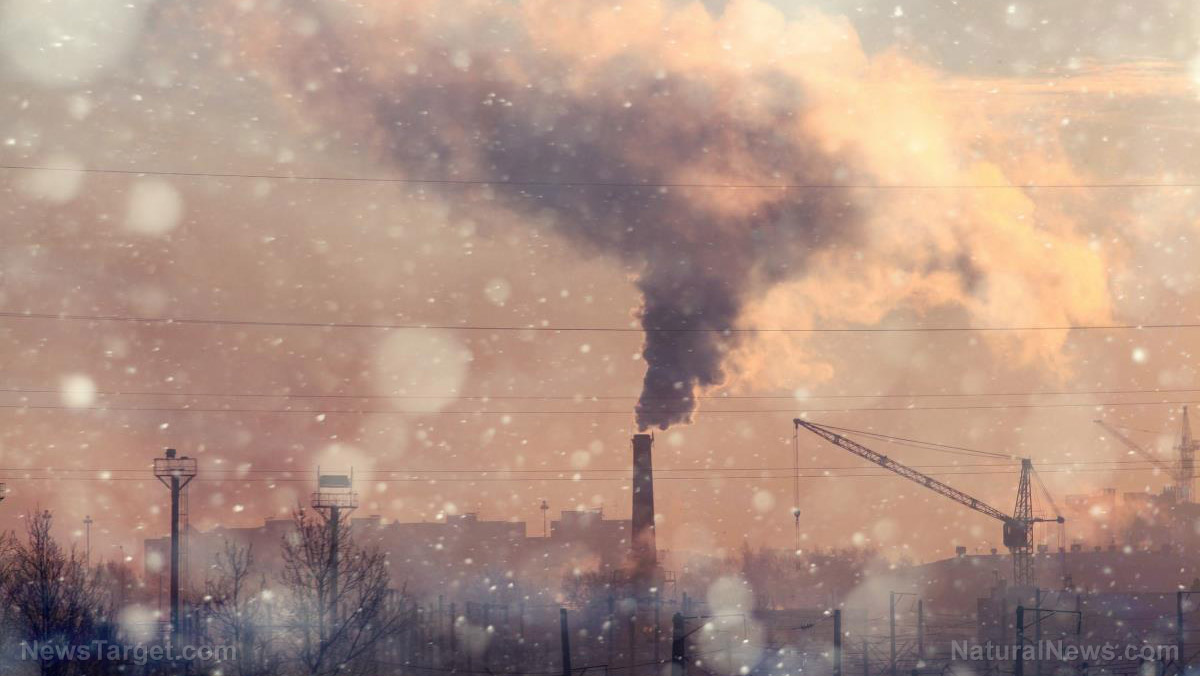
The coronavirus pandemic has have one unexpected effect in the Indian subcontinent — clean air.
This development came as a result of the recently-enacted 21-day lockdown enforced by Prime Minister Narendra Modi as a way to curb the steadily-rising number of coronavirus infections in the South Asian nation.
“It is true that pollution levels are going down and will continue to be lower as a result of lockdown,” Pawan Gupta, a senior scientist at the Earth Sciences of Universities Space Research Association at NASA’s Marshall Space Flight Center, said in an email to Gizmodo’s Earther.
Gupta, in his email, referred to the levels of microscopic particulate matter, or PM 2.5, that started dropping as a result of the lockdown, which not only barred vehicles from the country’s highways but also put construction projects on hold, as well as caused factories to stop production.
PM 2.5, which is smaller than 2.5 micrometers in diameter, is considered particularly dangerous for humans as it can lodge deep into the lungs and pass into other organs and the bloodstream, thereby causing serious potential health risks.
In addition, Gupta said, recent heavy rains in the northern and western parts of the country also helped bring down India’s pollution levels. “Rain is a very effective aerosol removal process from the atmosphere and can bring down particulate matter values,” Gupta added.
The changes, so far, have been dramatic.
As per the data from the Central Pollution Control Board (CPCB) of India’s Environment Ministry, the air quality in Delhi — notorious for being the worst in the world — is now in a “healthy zone” after its PM 2.5 levels dropped by 71 percent in just one week. According to the CPCB, the city’s levels of particulate matter dropped from 91 micrograms per cubic meter on March 20, to 26 on March 27, after the lockdown began. The city’s nitrogen dioxide levels dropped too, going from 52 per cubic meter to 15 in the same period — also a 71 percent decrease.
In addition, other metropolitan and tier-2 cities, such as Mumbai, Chennai, Kolkata and Bangalore, are witnessing a similar trend.
“The air quality is likely to slip into ‘good’ category soon. It is due to reduced vehicular traffic and rise in temperature,” Kuldeep Srivastava, the head of the regional meteorological center at the Indian Meteorological Department, said in a statement sent to The Weather Channel.
Experts, however, say this reduction in pollution levels may only be a temporary effect of the lockdown, as the number of cars that will ply the streets and the factories that will re-open once the lockdown is lifted remains the same.
According to several environmental activists, this unexpected effect of the lockdown has shed light on the perils of the Indian government’s “obsession” with the development that comes not just at the cost of the environment but also public health.
Jyoti Pande Lavakare, the co-founder of Care for Air in New Delhi, said that while shutting down the economy was not the best way to bring pollution down in the country, it proved at the very least that India’s pollution problem was anthropogenic, or caused by human actions. In addition, Lavakare also said that it also proved what could be achieved through collective action.
“Obviously, this is not the most ideal way to bring down air pollution, but it does prove that air pollution is man-made. It gives a lot of encouragement and hope that we can bring pollution down,” Lavakare said.
“We can achieve the same outcome by doing it mindfully, using technology and low-emission alternatives,” she added.
One other environmental group, Help Delhi Breathe, has also aired a statement regarding the drop in the Indian capital’s air pollution levels.
According to the group, which has been fighting India’s dangerous levels of air pollution for years now, New Delhi’s government must take urgent action if it is to solve the problem of air pollution.
“Clean air is a human right and a major contributor to good health. New Delhi needs to find urgent solutions to this terrible problem, and lead the way,” the campaign group, which is made up of concerned citizens and business owners and operators, said, adding that 30,000 people die prematurely every year in New Delhi because of air pollution.
In a statement published on EuroNews, the group proposed an action plan to combat this frightening statistic, which includes lobbying for accurate information to be disseminated by the government to the public, calling for a transition to solar energy and cleaning up public transport with green buses and electric cars, as well as the creation of more foot and cycle paths in New Delhi.
According to environmentalists, they are hoping that the public support and cooperation during the lockdown will survive once the coronavirus crisis is over and that people will continue to remain on board for the longer-term solutions to the pollution which, they said, would require nationwide lifestyle adjustments.
As of 2020, India is the third most polluted country in the world, only following neighbors Bangladesh and Pakistan.
According to a study published in Lancet Planetary Health, India’s high levels of air pollution killed 1.24 million people in 2017.
Other countries now exhibiting a decrease in air pollution levels — experts
India is not the only country to report reductions in their air pollution levels.
According to NASA, they were able to record a drop in air pollution in the Chinese province of Hubei, the erstwhile epicenter of the now-global COVID-19 pandemic, which has since killed 81,858 and infected 1,424,000 around the world.
Nitrogen dioxide over #China has dropped with the coronavirus quarantine, Chinese New Year, and a related economic slowdown. https://t.co/URfLNy0GZJ #NASA #COVID2019 pic.twitter.com/PM60uL772K
— NASA Earth (@NASAEarth) March 4, 2020
A similar pattern was spotted by NASA’s Earth Observatory in Italy since the start of the outbreak in the region — an effect brought about by government restrictions that effectively halted air, train and road traffic.
Paul Monks, a professor of air pollution at the University of Leicester and the former chair of the UK government’s science advisory committee on air quality, said there will be important lessons to be learned from several governments’ attempts at addressing the pandemic. (Related: Asia-Pacific braces for the second wave of coronavirus: China insists it’s under control, Japan to finally declare emergency… and North Korea remains virus-free?)
“We are now, inadvertently, conducting the largest-scale experiment ever seen,” Monks said.
“It seems entirely probable that a reduction in air pollution will be beneficial to people in susceptible categories, for example, some asthma sufferers,” he noted in an interview with The Guardian, adding that agriculture could also get a boost because pollution stunts plant growth.
In his Guardian interview, Monks added, however, that while a reduction in air pollution could bring some health benefits, they will be unlikely to offset the loss of life from the disease.
Peter Gleick, a scientist and the founder of the Pacific Institute in Berkeley, California, said that while the findings regarding the improvements in air quality and the like due to the lockdowns are good signs that our ecosystems are currently still resilient, authorities must find ways to improve our environment without having to cripple the economy.
Aside from China, scientists have also tracked changes in the air pollution levels of several key locations around the world, a response to their respective governments’ actions to curtail the spread of the deadly coronavirus.
Among the other countries that have registered significant drops in their pollution levels are South Korea and the United Kingdom.
Sources include:
Tagged Under:


